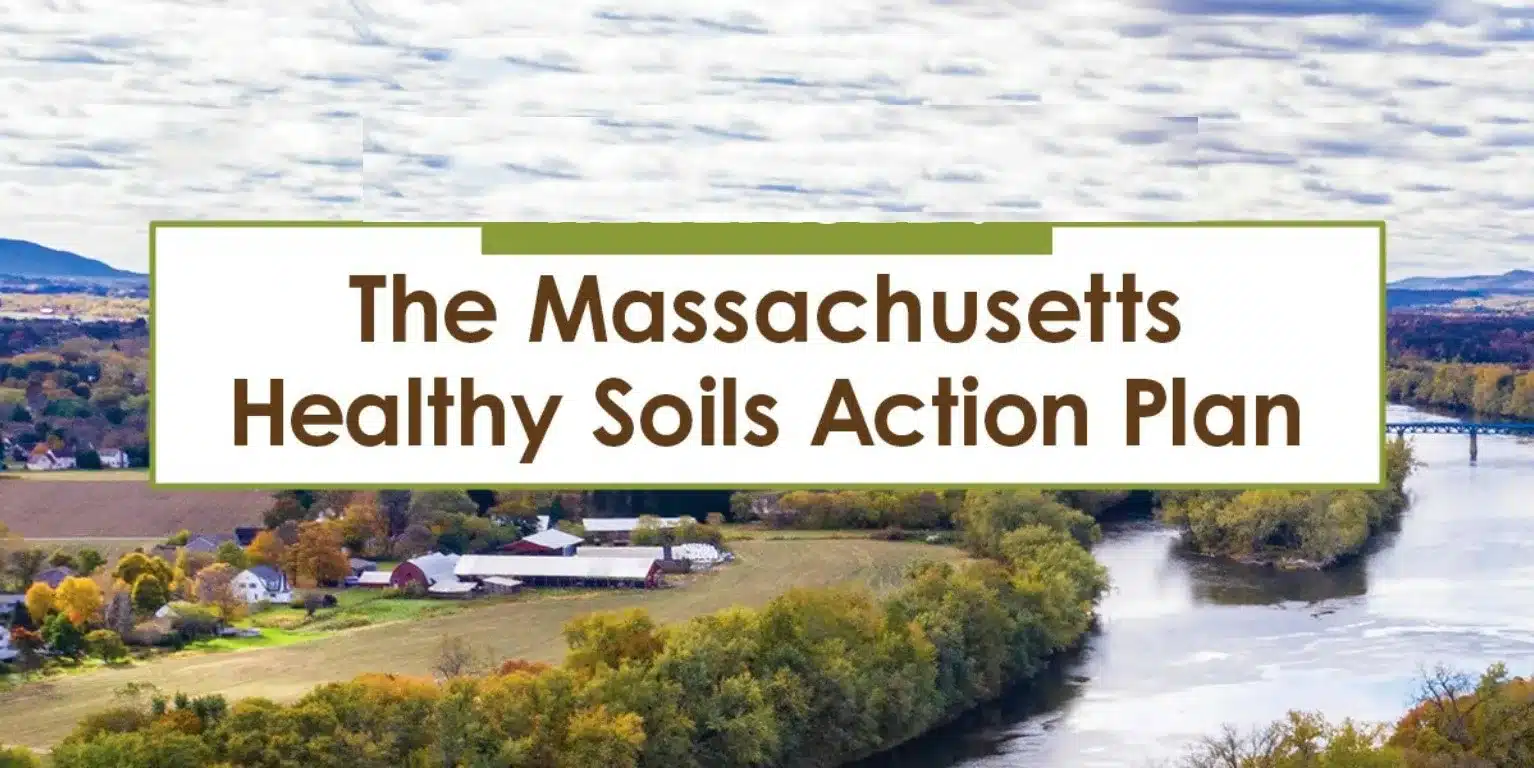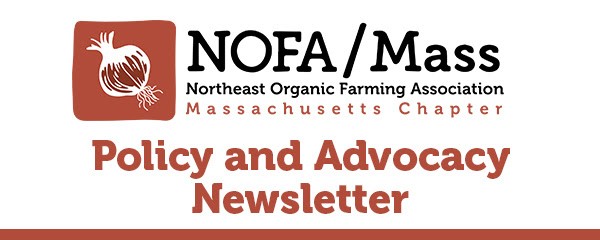|
Time sensitive and great news! On December 8th, 2023, the Executive office of Energy and Environmental Affairs released the details of the Healthy Soils Challenge Grants Initiative, an effort to implement the Healthy Soils Action Plan. They are inviting “interested public and private organizations, research institutions, and community groups to submit proposals for projects that promote and implement innovative solutions for improving soil health and sustainable land management practices.” Grants range from $3,000 to $100,000 with grant durations of 6 – 18 months.
In order to find the best applicants and solutions, we need help getting the word out ASAP: Applications are due Friday, January 19th, 2024.
An online information session for interested parties is being held on Tuesday, December 19th at 2:30 pm. To register email Executive Secretary Thomas Anderson at thomas.anderson@mass.gov.
The new RFR (Request For Responses) is posted on the Commonwealth’s “Commbuys” site, here.
As this excerpt from the RFR explains:
The Commonwealth of Massachusetts recently completed a three-year study and plan called the Massachusetts Healthy Soils Action Plan (“HSAP”). The plan brings together in one document the science of soil health, its importance in sustaining healthy ecosystems, the current state of soil ecosystems here in Massachusetts, and finally, action steps that can be taken at all levels to recognize its importance and improve soil health.
As the next logical step of the HSAP, The State Commission for Conservation of Soil, Water & Related Resources, the Division of Conservation Services, and the Executive Office of Energy & Environmental Affairs are pleased to announce the availability of Challenge Grants for proposed projects that pick up on and begin to implement recommendations from the HSAP.
We invite interested public and private organizations, research institutions, and community groups to submit proposals for projects that promote and implement innovative solutions for improving soil health and sustainable land management practices, based on the recommendations of the HSAP. Through this initiative we intend to address critical environmental and agricultural challenges; promote sustainable food production; find ways to monitor and improve the soil’s health in forest and wetland communities, recreational and ornamental lands, impervious environments; and broadly enhance the soil organic carbon stocks in Massachusetts.
The primary objectives of these healthy soils Challenge Grants are as follows:
a. Promote Soil Health: To support demonstration type projects that document, prioritize and implement practices aimed at improving soil health and fertility.
b. Sustainable Land Management: To encourage innovative approaches to sustainable land management that minimize environmental degradation, enhance biodiversity and/or restore degraded soil health.
c. Community Engagement: To foster community involvement and education in sustainable land practices and soil health improvement.
d. Refine Tools for Municipal Soil Mapping, Assessment + Planning: Update and distribute assessment and planning tools to enable municipalities, regional planning districts, and conservation organizations to visualize and integrate soil health into regular workflows.
This initiative is a direct result of the long standing and ongoing advocacy efforts undertaken by a broad coalition of healthy soils advocates, with funding provided by a $1.02M FY24 budget appropriation championed by Senator Comerford, Representative Schmid, Senator Gobi and Representative Duffy.
|









